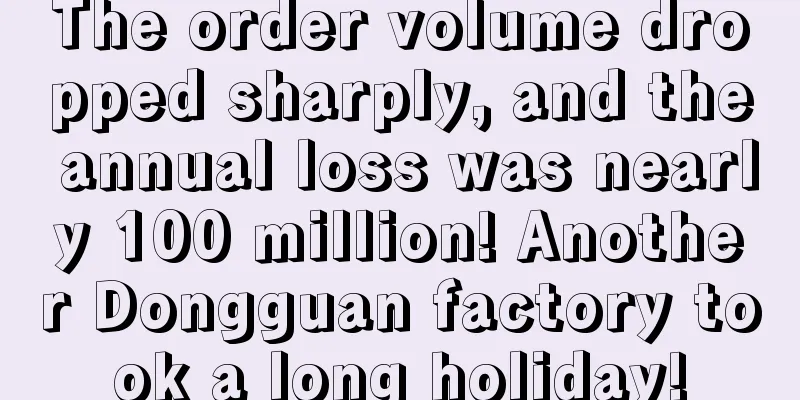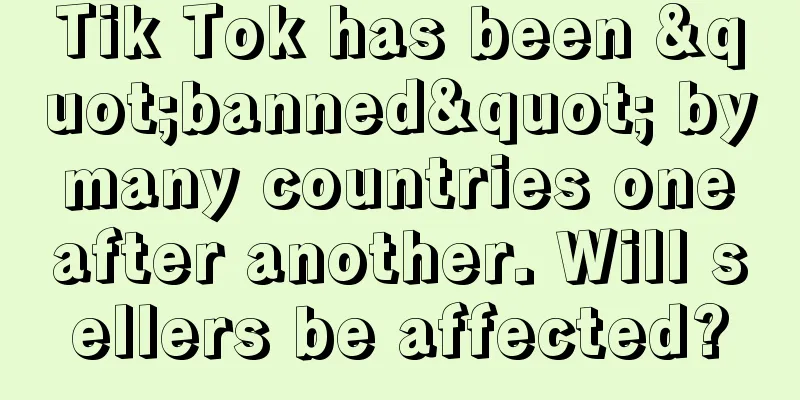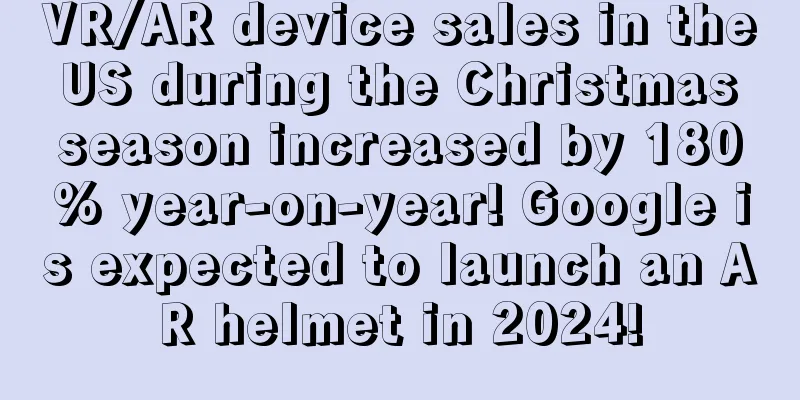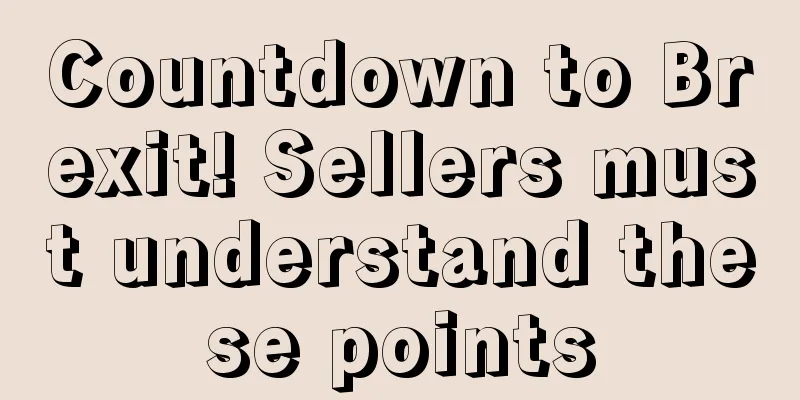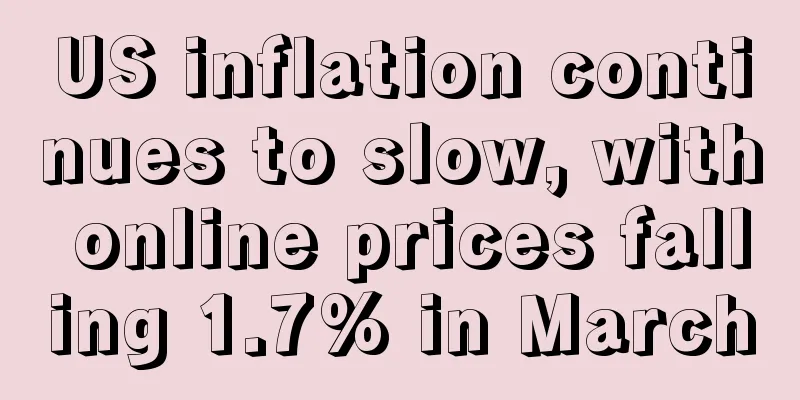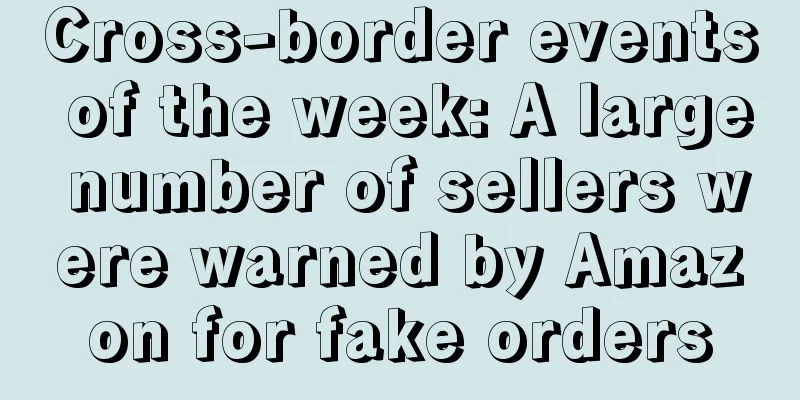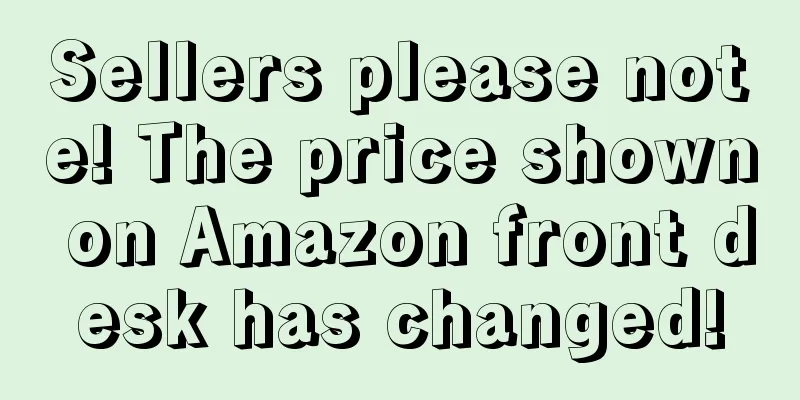What is the latest German packaging law Packaging Act 2019? Review of the latest German packaging law Packaging Act 2019
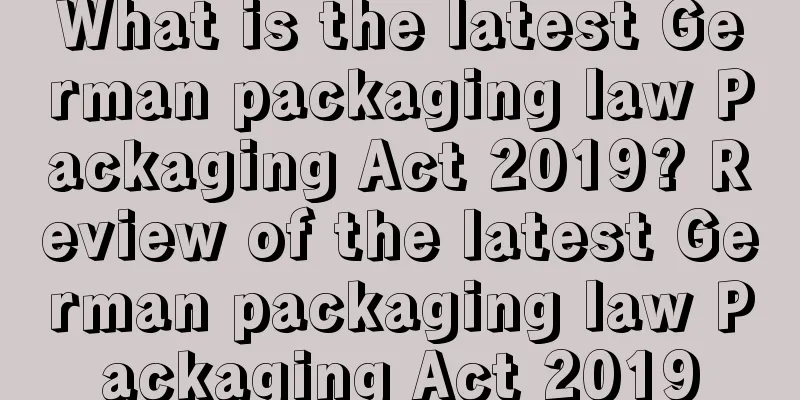
On January 1, 2019, the new packaging law (VerpackG) came into force and replaced the currently applicable packaging regulations (VerpackV). The new German packaging law aims to centralize the recycling of packaging waste. Effective date January 1, 2019 English VerpackGintroduceOn January 1, 2019, the new Packaging Act (VerpackG) came into effect and replaced the currently applicable Packaging Ordinance (VerpackV). The new German Packaging Act aims to centrally recycle packaging waste. The legislation applies to all manufacturers, importers, distributors and online retailers who place goods on the German market. All businesses must register with the recycling register to maintain market access. Note: Online retailers are considered packaging manufacturers for legal purposes TargetEnvironmentally sound recycling and fair cost distribution The Foundation's Central Office Packaging Register helps improve standards for packaging recycling and design suitable for recycling. Both systems are required to report annually in what ways they promote the use of recyclable packaging and recycled materials and how packaging materials are recycled. As a result, ecologically sound packaging is more favored than it has been to date. Anyone who chooses ecological packaging can have an advantage. All things considered, environmentally sound use and fair distribution of costs are important goals of the new packaging law. The new packaging law redefines certain termsThe sale of packaging does not necessarily have to actually occur as waste with the consumer in order to be considered as requiring a contract with the packaging dual system (a person who supplies packaged goods to private end consumers on the German market for the first time should participate in a recycling registration in order to cover future disposal costs). Sales packaging licensed using a packaging scheme will be defined as primary and secondary packaging used for sales that primarily occurs with the consumer after use; these must be 100% licensed via a packaging scheme. In the future, secondary packaging (Umverpackung) will be considered sales packaging. Transport packaging (for consumers, e.g. online sales) is now explicitly considered sales packaging. It cannot be pre-approved. Most online retailers will put packaging into circulation for the first time, so they must register for a license. Packaging materials put into circulation for the first time include packaging used to protect goods, materials used for handling or for dispatching goods. These are mainly cartons, but also include packaging materials such as fillers. The VerpackG compulsory license applies to product packaging as well as packaging used for dispatching. Changes in the new packaging law (VerpackG)A new single national agency will be set up to increase transparency across the system. What is more, it will support enforcement authorities in combating so-called "free riders". The goal is to create a sustainable overall system for national packaging waste processing that eliminates competition distortions. Under German law, companies that export consumer packaging to Germany must report the kilograms of each material. Registration for recycling places an obligation on companies to obtain product packaging from the end consumer and then recycle it in an environmentally friendly manner. New recycling targetsThe targets for packaging recycling will increase from 1 January 2019 and then again from 1 January 2022. The Packaging Scheme is required to achieve the following minimum annual average rates for its contracted packaging volumes in terms of recovery and reuse readiness. Environmentally sound use and fair cost distribution are important objectives of the new packaging law.
Which brands should be registered?It is necessary to list all brand names, on which packaging subject to the system is placed on the market for the first time by the obliged party (e.g. producer, dispatch trader, importer). If the product has a top brand and other sub-brands (so-called sub-brands), the logo of the top brand is sufficient. Who must package registration1. Product Manufacturer Usually, the manufacturer of the product is the first-time supplier in Germany and is therefore obliged to register. 2. Importer of the product However, if the manufacturer is headquartered abroad, the domestic importer can also be considered the first distributor in Germany and therefore also the manufacturer. In principle, in the case of imports, the person who is legally responsible for the goods is obliged to participate in the regime when in transit. In addition, it should be noted that if the obligations are not fulfilled, the final distributor will be subject to the distribution ban. 3. Mail-Order Companies Likewise, a mail order company is also a manufacturer within the meaning of the VerpackG. The mail order company fills the freight container with goods for the first time, so the system participation and registration obligations of this package always accompany him, at least for the first carrier of the container within the meaning of the packing law. The fact that the transport packaging is used to deliver the product to the final consumer always makes it a sales packaging, since it is usually a waste for the final user. Fines and trade sanctions for violations The consequences of non-compliance are strict. Everyone who is obliged to obtain a license through the official registration body can see if his market participants have also paid for their licenses. If they do not do this, they will no longer be allowed to market their products and they will be fined up to 200,000 euros. In this way, market participants can monitor each other. Registration ProcessCost (Example)Paper 142€/ton Plastic 787€/ton Ferrous metals 729€/ton Glass 68€/ton Beverage box pack 759€/ton Aluminium 739€/ton Other mixed packaging 819€/ton Natural materials (e.g. wood) 63€/ton References |
<<: What is SellingExpress? SellingExpress Review
>>: What is Amazon Showroom? Amazon Showroom Review
Recommend
Consumer willingness rises: Americans' holiday gift purchase budget exceeds $1,000 for the first time
According to a CNBC poll, Americans plan to spend ...
What is the Basic Sales Plan? Basic Sales Plan Review
The Basic Sales Plan is a new sales plan launched ...
What is Zillow? Zillow Review
Zillow is a website that provides free real estate...
What are the essential elements to create a hit product on Amazon?
focus on What do we at Amazon care about most and...
What is New Retail? New Retail Review
New retail refers to a new retail model that relie...
What is Usuyi? Usuyi Review
Shenzhen Yousuyi Supply Chain Co., Ltd. is a moder...
Prime Day's fiercest rival closed first! Can the first battle intercept the membership day?
Amazon's old rival Walmart recently held an an...
Are you always fooled by reviews? 6 tips to identify real human reviews
How to promote new products on Amazon is a questio...
What is Spyfu? Spyfu Review
Spyfu is a platform for SEO and PPC experts that f...
Unexpected blue ocean? Amazon always has opportunities
Recently, Amazon announced an unexpected news, be...
What is meiteusa? meiteusa review
meiteusa is committed to providing high-quality, p...
Online shopping in the U.S. generates $279 billion in returns! Sellers generally have an extremely high return rate
In the past two days, foreign media reported that ...
What is Bol.com? Bol.com Review
Bol.com is a Dutch online store offering general m...
Another postponement! Google will extend the resumption of work to January next year!
It is learned that Google CEO Sundar Pichai announ...
What is HTS coding? HTS coding review
HTS is the abbreviation of Harmonized Tariff Sched...
